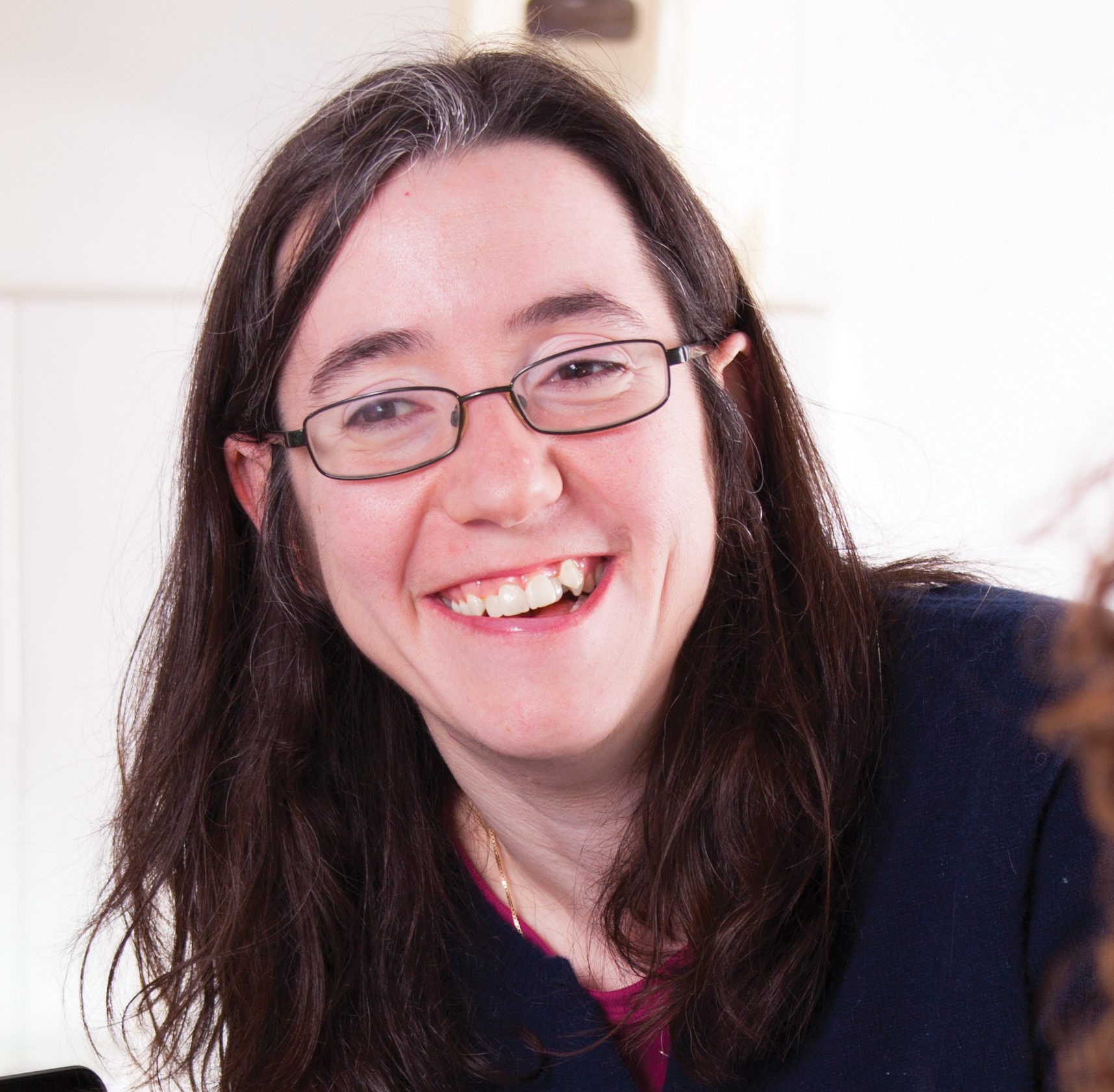FACULTY
Researchers

Ruth Hershberg, PhD, Associate Professor

Our research focuses on how mutation and natural selection, together and apart, shape ecologically and medically relevant biological phenomena, such as the accumulation of antibiotic resistance, pathogen diversification, and cancer initiation and progression. Our highly interdisciplinary research combines evolutionary experiments, molecular biology, microbiology, evolutionary theory, genomics, metagenomics and computational biology.
Cancer Evolution
Cancer is a short-term evolutionary process that occurs within the human body. We have shown that the dynamics of the cancer evolutionary process are very different from those of “normal” organismal evolution. Specifically, we have demonstrated that purifying selection (which removes harmful mutations from the population) is much less prominent within tumors and that positive selection, which favors mutations that are adaptive, is much more pronounced. In the context of cancer evolution, positively selected mutations are precisely those mutations that drive forward cancer progression, often referred to as ‘driver’ mutations.
We have shown that within tumors positive selection is particularly strong on genes that are globally expressed across human tissues and that such globally expressed genes include many unidentified cancer drivers. We then expanded this study and showed that it is not just globally expressed genes that tend to be positively selected within tumors. Rather, it seems that adaptation in cancer occurs mostly via modifications to the most central gene functions. The ability of cancer to target the most central gene functions is related to its somatic nature. We are using this insight to develop methodologies for the identification of cancer driving genes and regulatory regions that are positively selected within tumors.
In an additional study, carried out in collaboration with molecular pathologists from Rambam hospital, we disentangled the effects of mutation and natural selection in determining the differential frequency distributions of KRAS cancer-driving substitutions between different types of tumors. This enabled us to identify specific KRAS driver substitutions that are more favored by selection in particular tumor types and demonstrate that such specifically favored driver substitutions tend to associate with worse clinical outcomes specifically within the tumor type in which they are more favored.




